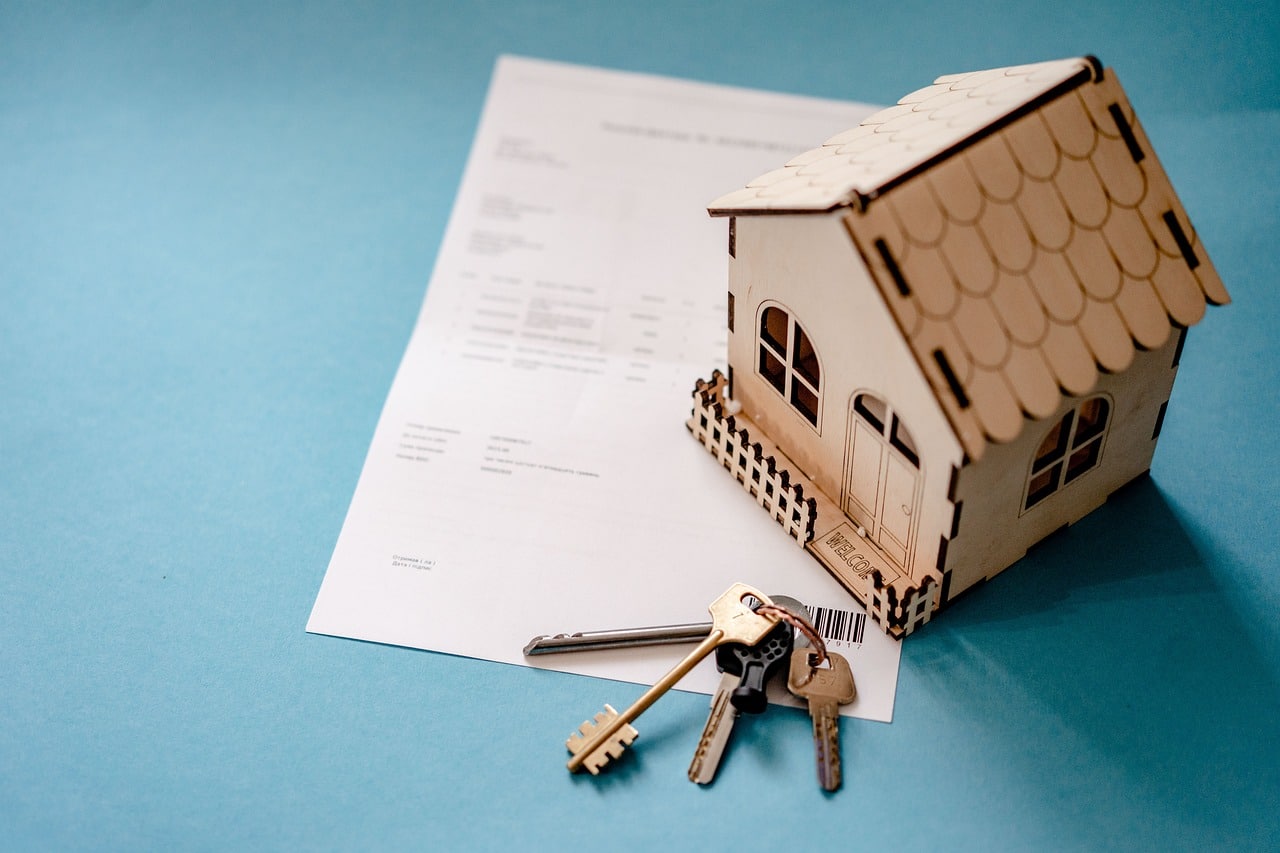
In a mortgage, a property functions as collateral for the payment of a loan.
Mortgage is the operation that allows a property to act as collateral for the payment of a loan . This means that the property remains in the power of its owner, although the creditor is in a position to promote its sale in the event that the debt is not paid within the agreed period. The term comes from the Latin hypotheca , which originates from a Greek word.
To ensure the collection of the debt, the creditor must file a lawsuit , which will generate a conviction and lead to the judicial auction of the property. With that money, the creditor can collect the debt.
Components of a mortgage
The mortgage is made up of three essential components: the capital (the amount of money that was lent through a loan ), the term (the time in which the repayment of the loan is agreed) and the interest rate (the additional percentage that the person who received the loan must pay; the interest is the lender's profit).
The interest rate can be fixed (its value is unchanged during the term of the loan ) or variable (the value is reviewed periodically). The variable interest rate is the one with the greatest risk for the debtor, since an economic crisis can cause the installment that must be paid to skyrocket.
It is interesting to mention that, in 2007 , the subprime mortgage crisis broke out in the United States , a type of mortgage granted to clients with low creditworthiness . The banks granted these loans with high interest rates and high commissions; When its customers began to have difficulty paying, the system fell apart.

The mortgage can be a resource that helps acquire a home.
The goods
There is an exhaustive classification of assets that determines which of them are mortgageable and which are not.
Mortgageable assets include real estate that can be registered and property rights that can be alienated.
Non-mortgageable assets are the employees of an establishment, unless the legal usufructs are mortgaged along with the place (except for those granted to the widowed spouse).
There are also other assets that are mortgageable under a special modality , they are: the right of usufruct (the mortgage will be extinguished when an event beyond the will of the usufructuary occurs or until the pledged obligation is fulfilled), mere ownership (if the usufruct is consolidated to the owner of the same, the mortgage will be extended in case it passes to other hands), the assets that have already been mortgaged (even those that were mortgaged under the agreement not to return them to mortgage) and the right of voluntary mortgage (the mortgage will be extinguished when the owner so stipulates)
It is advisable to clarify that exceptions can also be raised in all laws, which is why it is advisable to study the agreements and the legislature carefully to be able to determine if it is possible and appropriate to make a mortgage.
It is worth mentioning that the mortgage right is indivisible , that is, it cannot be shared and, even if the debt is divided or forgiven, the mortgage is not extinguished. Theoretically this has been designed in this way in order to guarantee the rights of a possible third party purchaser of a mortgaged property .
Concepts related to the notion of mortgage
There are two concepts related to the mortgage, which are:
* Grouping of mortgaged property: se utiliza cuando una finca se unifies a otra que se halla hipotecada para sumarse a dicha hipoteca; en estos casos la hipoteca continúa estando gravada a la finca original.
* Division of the mortgaged property: en caso de que una finca hipotecada se divida en dos o más partes, el crédito no se dividirá a menos que así lo hayan acordado el acreedor y el deudor.
